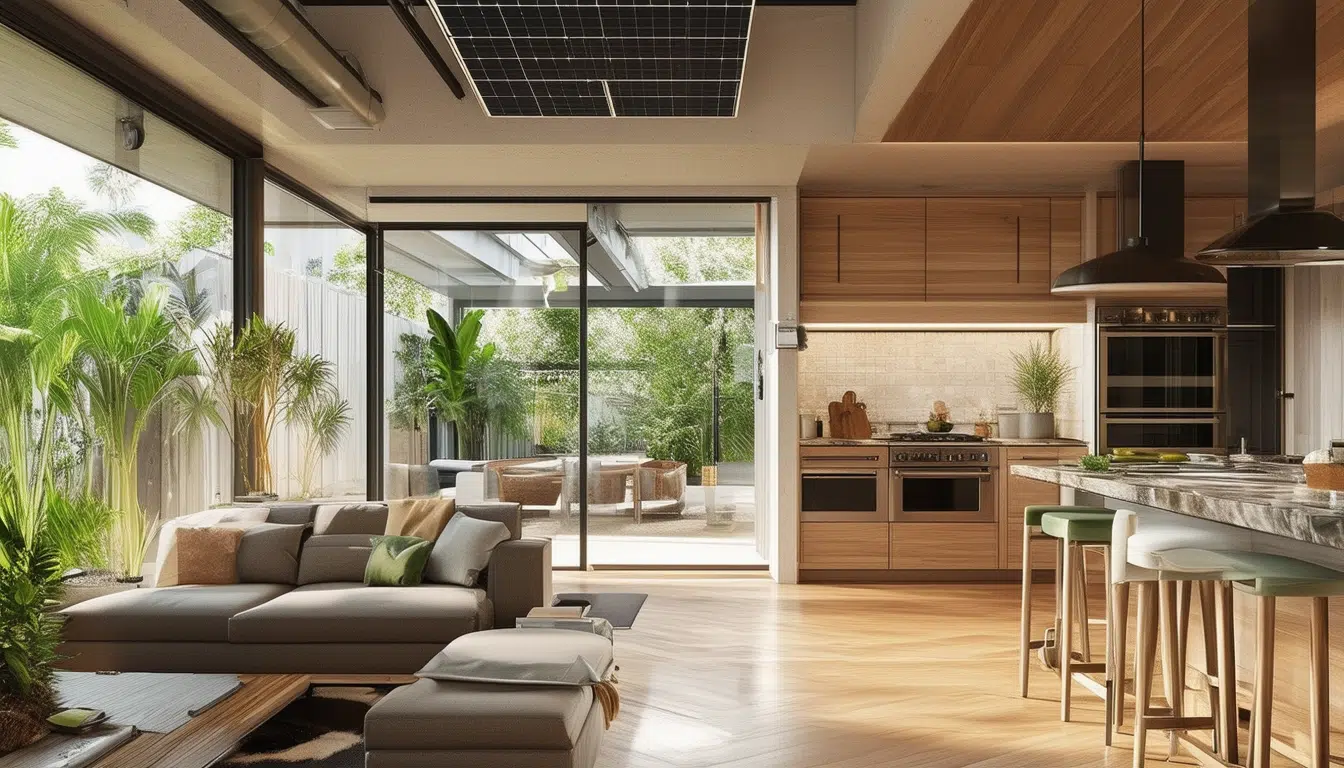How to improve energy efficiency in your home

Energy efficiency at home is a key aspect for reducing energy consumption and, at the same time, lowering expenses on bills. Implementing practical improvements can be accessible and beneficial both for the environment and for the family economy. Below are various strategies that facilitate the transformation of your home into a more sustainable and efficient space, allowing for a more rational use of energy resources.
Improving energy efficiency at home not only involves a reduction in energy consumption but also helps to lower monthly bill costs and contributes to a more sustainable environment. There are various strategies and simple changes that can be implemented to optimize energy use without sacrificing comfort. Below are practical tips to transform your home into a more energy-efficient space.
Improve thermal insulation
Thermal insulation is crucial for maintaining the desired temperature in the home. Make sure that the walls, ceilings, and floors are well insulated. Use suitable materials to minimize heat loss during winter and prevent heat ingress in summer. Double-glazed windows are an excellent option for improving insulation.
Renovation of enclosures
Replacing old windows with more efficient models can make a significant difference. Opt for low-emissivity enclosures that reduce heat transfer. Also, check existing doors and windows and seal any leaks or cracks that may allow unwanted air in or out.
Efficient lighting control
Replace incandescent bulbs with LED bulbs, which consume much less energy and have a longer lifespan. Implement a lighting control system, such as timers or motion sensors, that turns off the lights automatically when not needed.
Efficient appliances
When considering the purchase of new appliances, look for those labeled as high energy efficiency. This includes refrigerators, washing machines, and air conditioners. Although their initial cost may be higher, the long-term savings on energy bills will justify the investment.
Conscious water use
Installing water-saving systems, such as low-flow faucets and showers, can significantly contribute to reducing consumption. Additionally, make sure to check the plumbing for leaks that could increase water waste.
Temperature controls
It is essential to control the temperature of heating and air conditioning. Set the thermostat to a moderate temperature and use ceiling fans to improve air circulation. You may also consider installing smart thermostats that automatically adjust the temperature according to your habits.
Combat energy vampires
“Energy vampires” are devices that consume energy even when they are off or in standby mode. Identify these devices and unplug them or use power strips with switches to easily turn them off when not in use.
Regular equipment maintenance
Regular maintenance of heating, cooling, and appliance systems is essential to ensure optimal performance. Clean and replace air filters according to the manufacturer’s recommendations to ensure these devices operate as efficiently as possible.
Exterior considerations
The exterior design of the house can also impact energy efficiency. Using curtains, blinds, or solar protection devices can help regulate the light and heat entering the home, thus improving comfort and reducing the need to use heating or air conditioning.
Implementing these strategies is not only beneficial for the environment but can also result in a more economical and comfortable home. Remember that every small change adds up and can have a significant impact on the energy efficiency of your home.
Improving energy efficiency at home involves adopting several strategies that can result in considerable savings both on the energy bill and in environmental impact. One of the first actions that can be taken is to improve thermal insulation, which involves ensuring that windows, doors, and ceilings are properly insulated to prevent heat loss. This not only enhances the comfort of the home but also reduces dependence on heating and cooling systems.
Changing old appliances for more efficient models is also crucial. Devices rated as A+++ consume significantly less energy compared to outdated devices. Additionally, it is recommended to install LED lighting, which uses much less energy than traditional bulbs.
Installing temperature regulation systems, such as programmable thermostats, allows for optimizing the use of heating and air conditioning, adjusting the home’s temperature according to the actual needs of the occupants. It is also important to regularly check and clean the air filters of heating and cooling systems to ensure their proper functioning.
The use of curtains and blinds can help in regulating sunlight and, therefore, in controlling the indoor temperature, contributing to more efficient energy consumption. Finally, a good practice is to unplug electronic devices that are not in use, to avoid the phantom consumption that can arise from devices in standby mode.


